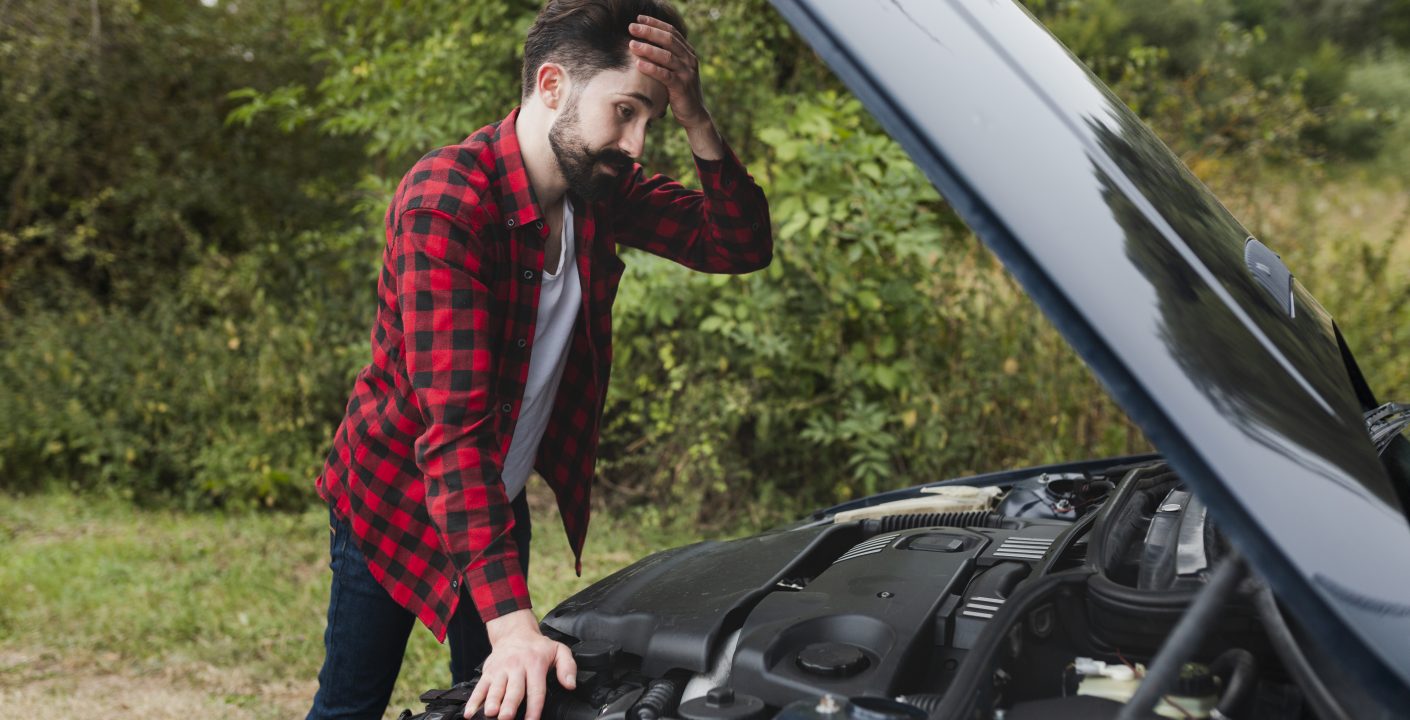Engine Overheating: Understanding Causes and Remedies

Engine overheating is a prevalent problem that can damage any vehicle, regardless of the car’s make or model. Overheating engines can and do happen, and the resulting damage can be irreversible if proper measures and remedies are not followed. Overheating engines can cause damage and derail your journey. Recognizing the sources of this problem and acting quickly is critical to prevent catastrophic engine damage. In this comprehensive blog post, we will delve into the various reasons why engines overheat and list the necessary steps to address each issue effectively.
Low Coolant Level:
A low coolant level is one of the most common causes of engine overheating. Coolant, often known as antifreeze, is essential for maintaining engine temperature. Low coolant levels can result in inadequate engine heat dissipation, which can cause the engine to overheat. Driving with insufficient coolant/antifreeze levels may result in a coolant system failure.
Action:
- Check the coolant reservoir on a regular basis to ensure it is filled to the proper level recommended by the manufacturer. If the level is too low, add a 50/50 antifreeze/coolant and water mixture according to the manufacturer’s instructions. If you’re not sure where the coolant reservoir tank is or how to refill it, see your vehicle’s manual.
Coolant Leaks:
Coolant leaks can occur as a result of damaged hoses, a faulty radiator, or a faulty water pump. These leaks reduce the efficacy of the cooling system, resulting in overheating. Coolant leaks are sometimes discovered by stains or puddles on the ground.
Action:
Examine the engine compartment for visible coolant leaks. If damaged car components are discovered, they must be replaced as soon as possible. Coolant will have a sweet odor and may be green, blue, or orange in color, depending on the type of coolant utilized. If leaks persist, it is best to consult a professional mechanic for a detailed inspection.
Car Faulty Thermostat:
The car thermostat regulates the flow of coolant through the engine. A faulty car thermostat can allow coolant to flow constantly or insufficiently, both of which can lead to engine overheating.
Action:
If the car thermostat is faulty, replace it. Check and maintain the thermostat on a regular basis to guarantee good operation.
Car Radiator Issues:
A blocked or malfunctioning car radiator can obstruct coolant flow, limiting the car radiator’s ability to adequately dissipate heat.
Action:
- Regularly flush the car radiator to remove accumulated debris and deposits. If the radiator is damaged or clogged, consider professional cleaning or car radiator replacement.
Faulty Car Water Pump:
The car water pump circulates coolant through the car engine and car radiator. If the coolant is dirty or has too much dirt buildup, it might prevent the coolant from circulating through the car water pump, resulting in engine overheating. A faulty car water pump might result in insufficient coolant flow, which can cause engine overheating.
Action:
- Replace a faulty car water pump immediately it is detected. Regularly examine for signs of wear or leakage and address any issues immediately.
Car Engine Oil Issues:
Inadequate or degraded car engine oil can reduce lubrication, causing increased friction and heat generation in the car engine.
Action:
- Regularly check the level and change the car engine oil following the manufacturer’s recommendations. Ensure that you use the right car engine oil in regard to its viscosity and quality.
Car Cooling Fan Problems:
The car cooling fan functions primarily in the car radiator and car engine temperature moderation. Malfunctions in the fan or its components can cause engine overheating.
Action:
- Check that the cooling fan is working properly. As needed, replace a faulty fan or its components. When the car engine achieves working temperature, turn on the car cooling fan.
Driving Conditions:
Extreme driving conditions, such as heavy traffic, high temperatures, or towing heavy loads, can put additional strain on the car engine hence causing engine overheating.
Action:
- Idling over an extended period of time should be avoided, especially in hot weather. When towing big loads, use the proper gear and keep an eye on the vehicle’s temperature gauge during difficult driving conditions.
Conclusion:
Engine overheating is a major problem that must be addressed immediately. Regular car maintenance, early detection of problems, and timely repairs can help avoid car engine damage and extend the life of your vehicle. If you are unsure about any part of your vehicle’s cooling system, seek professional assistance from a trained mechanic. Remember that a properly maintained cooling system is essential for a healthy and efficient car engine.






